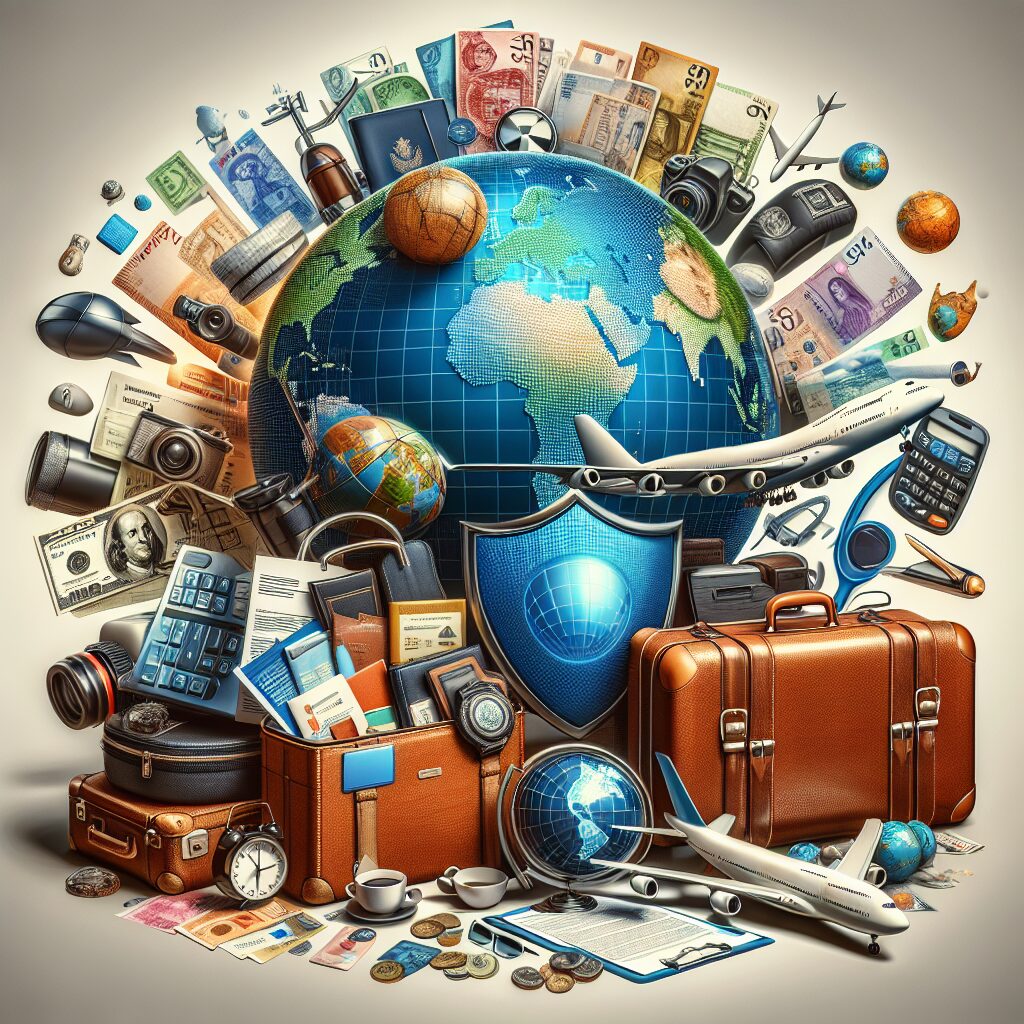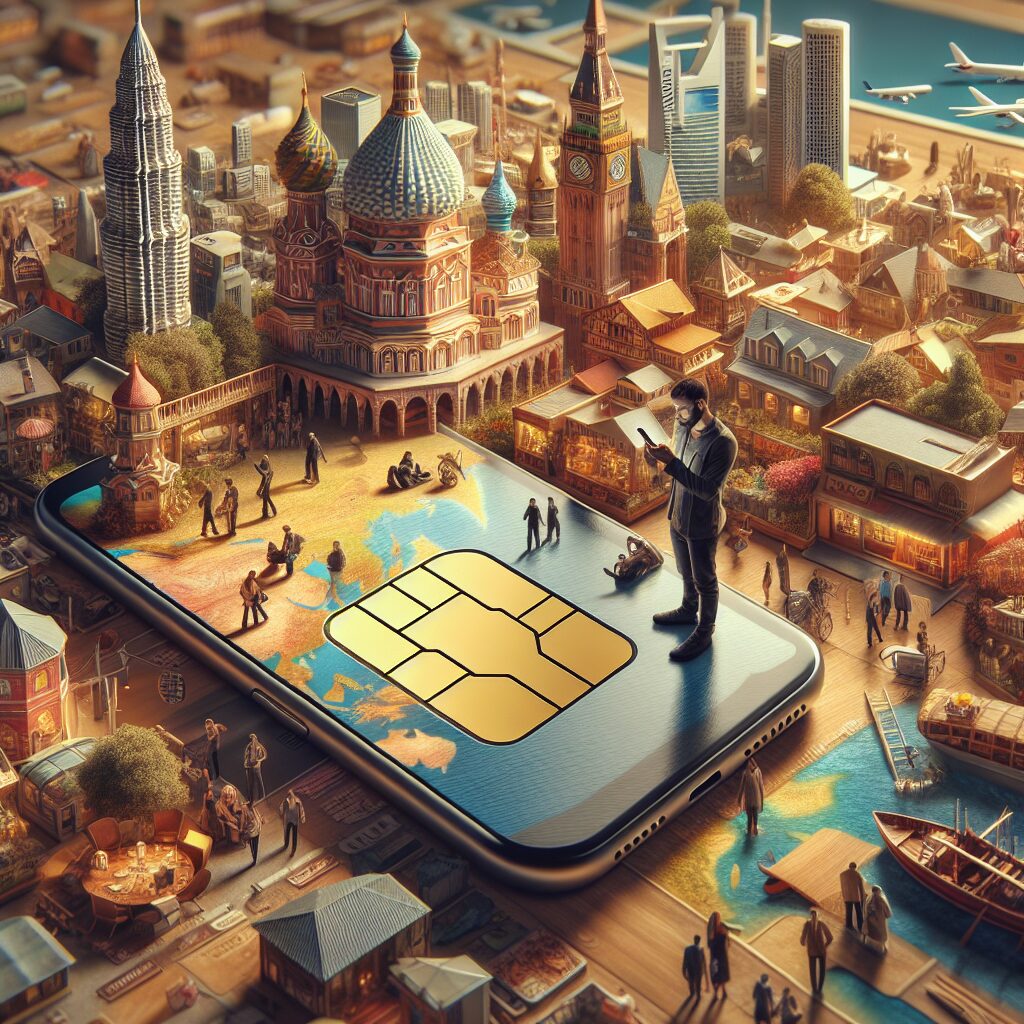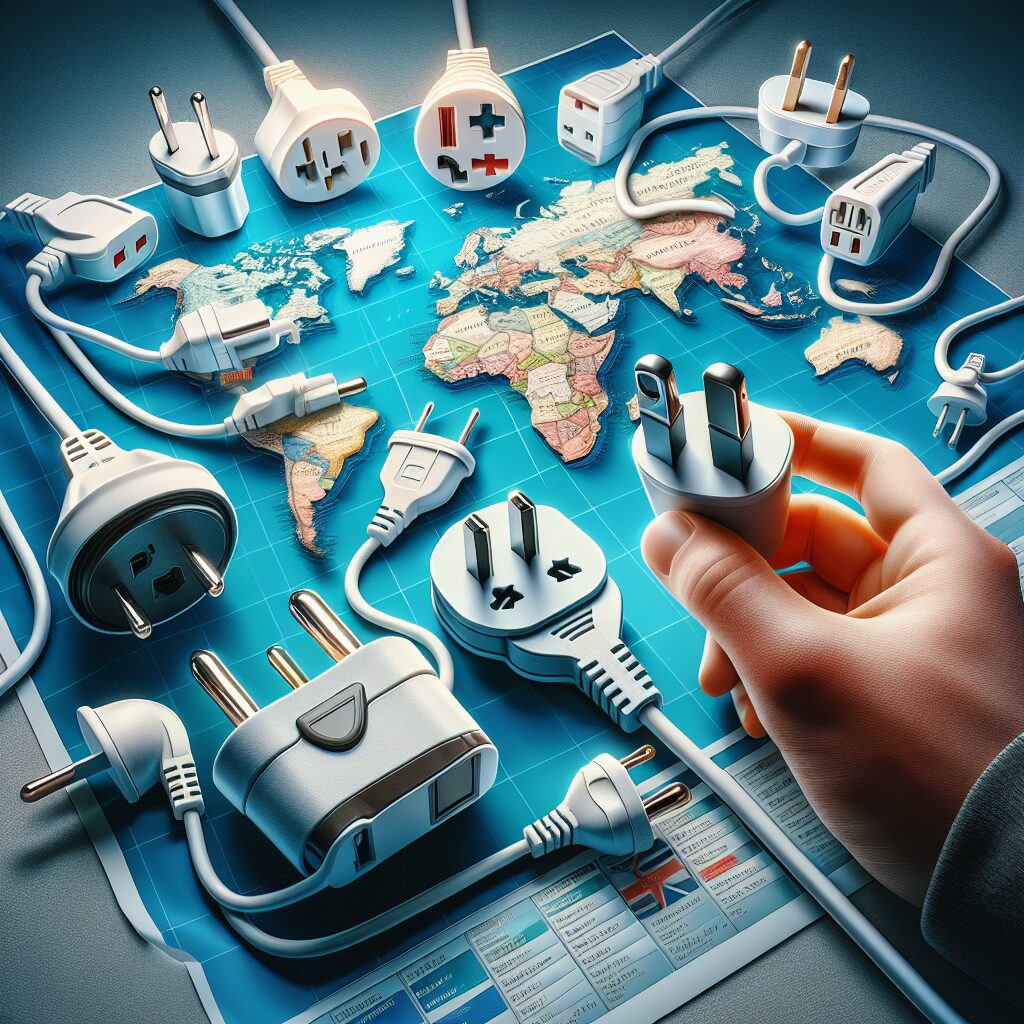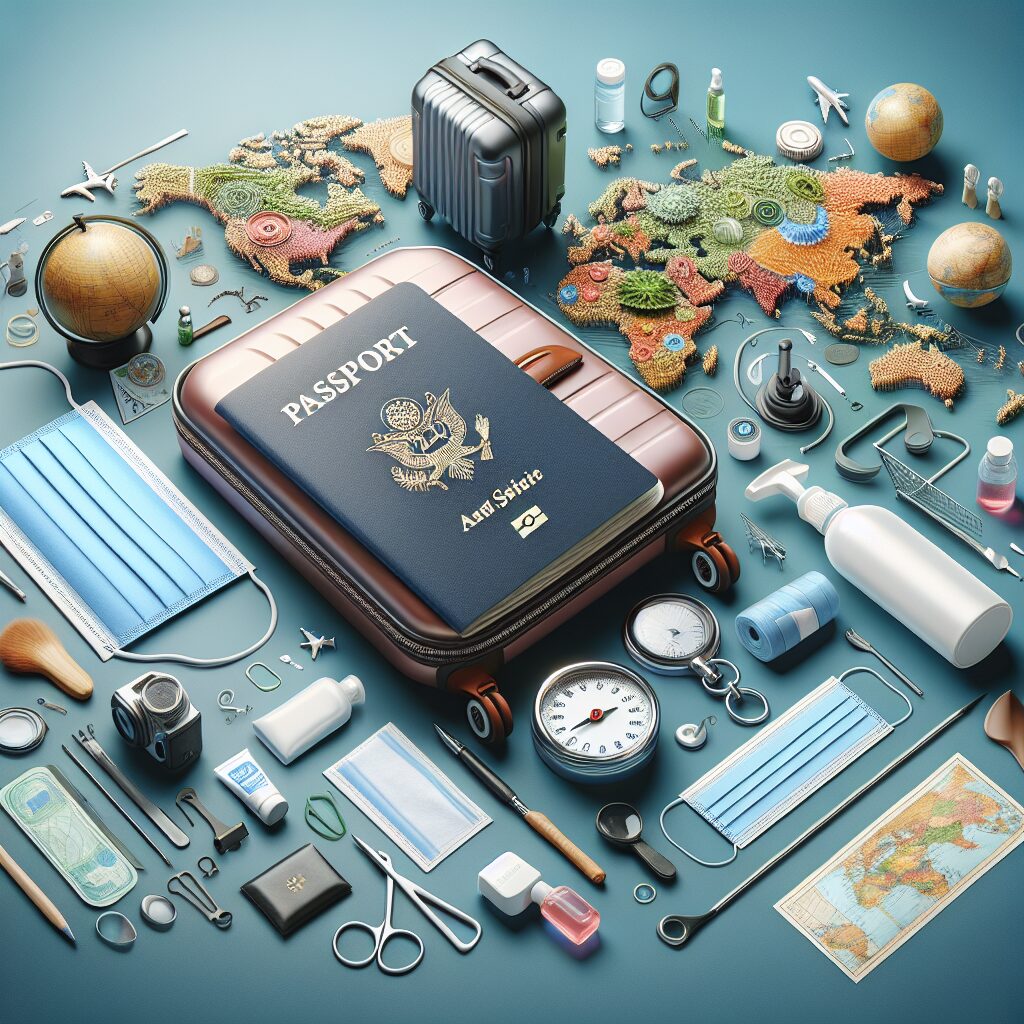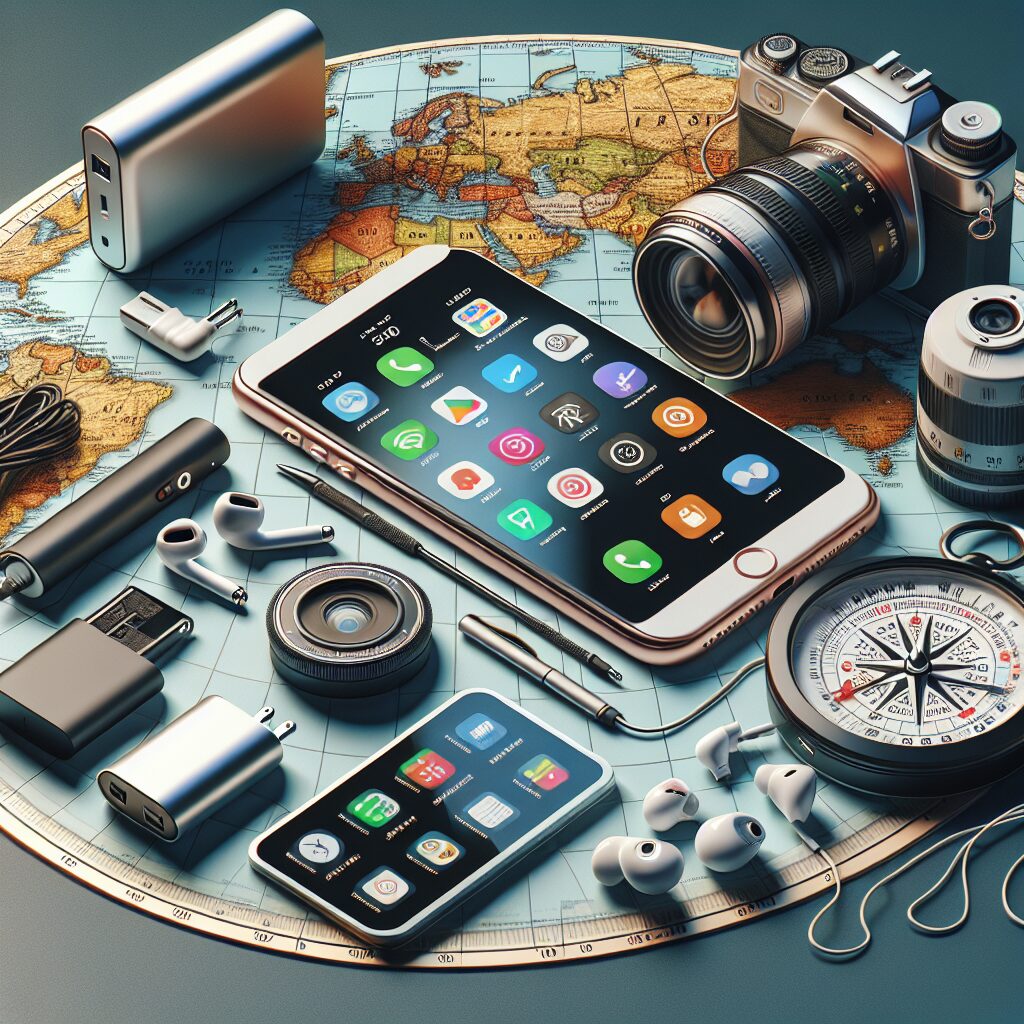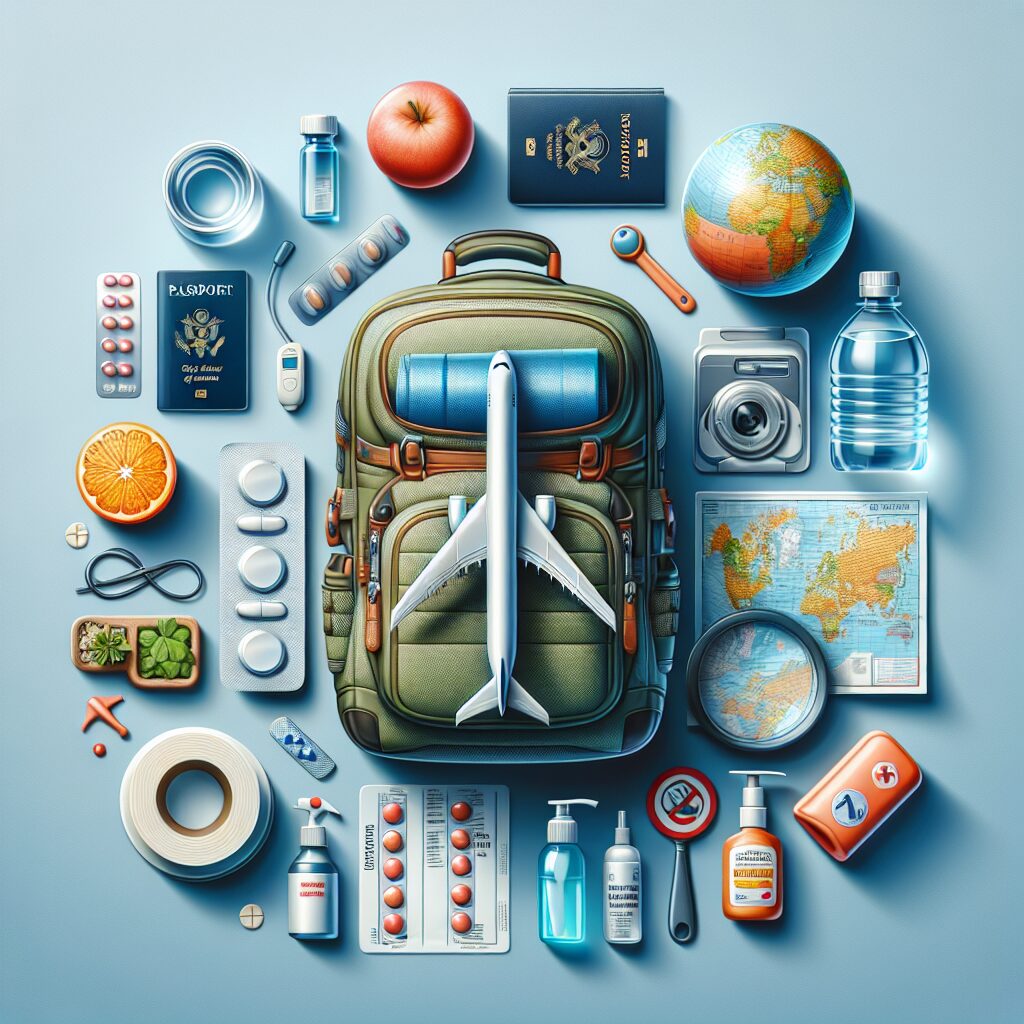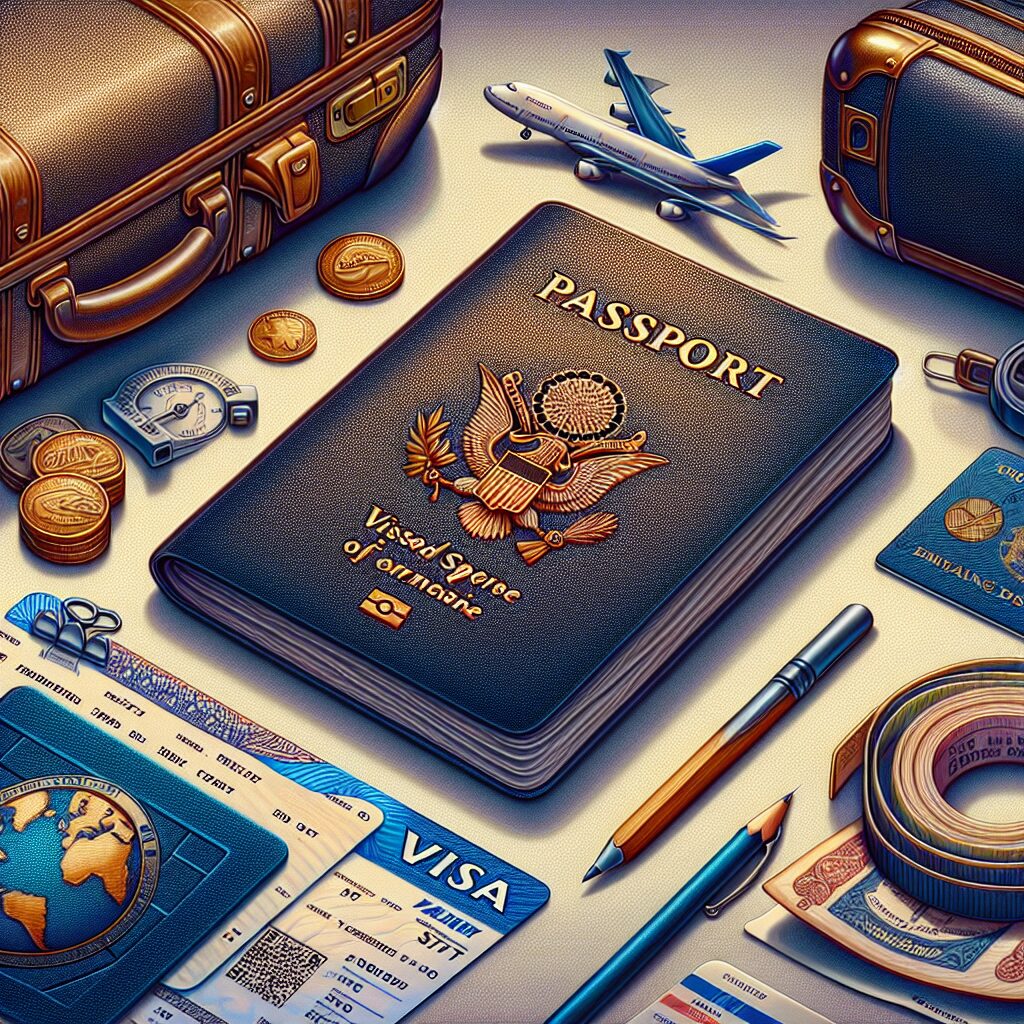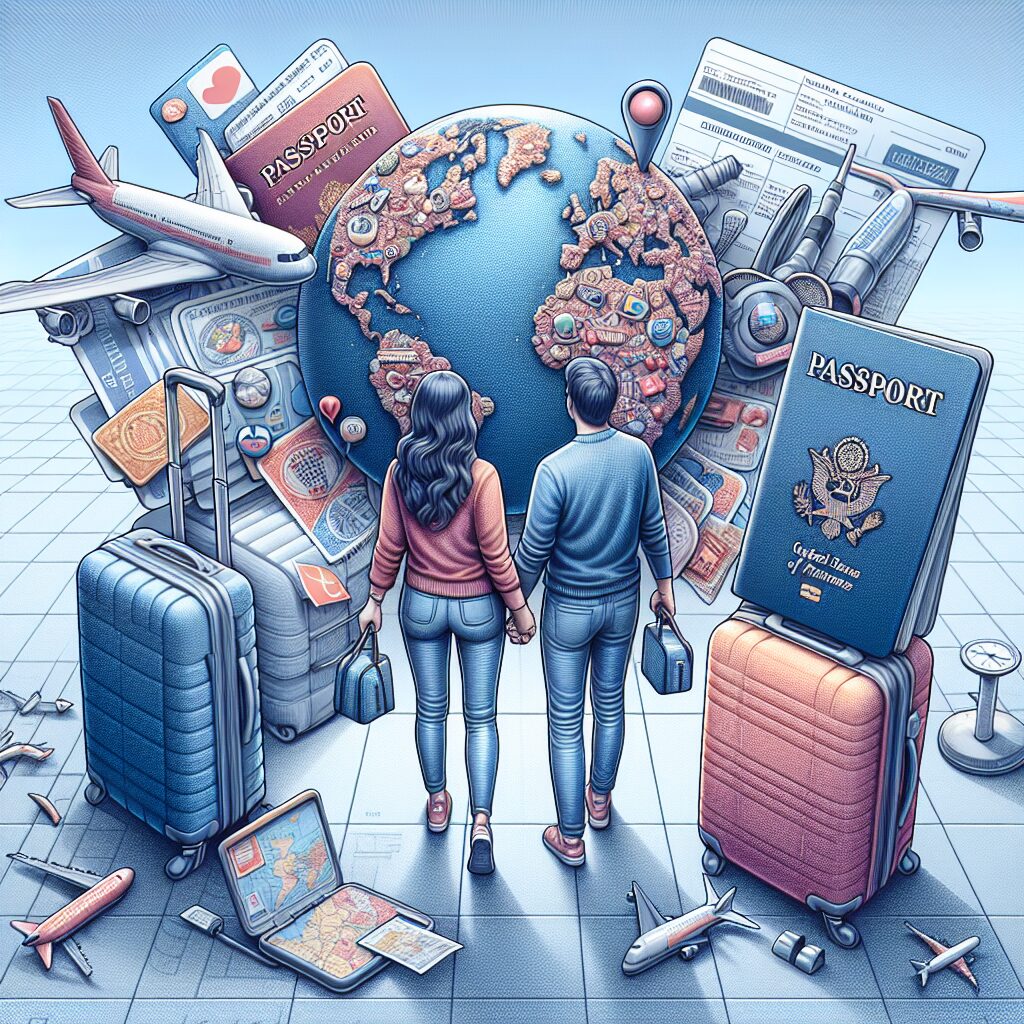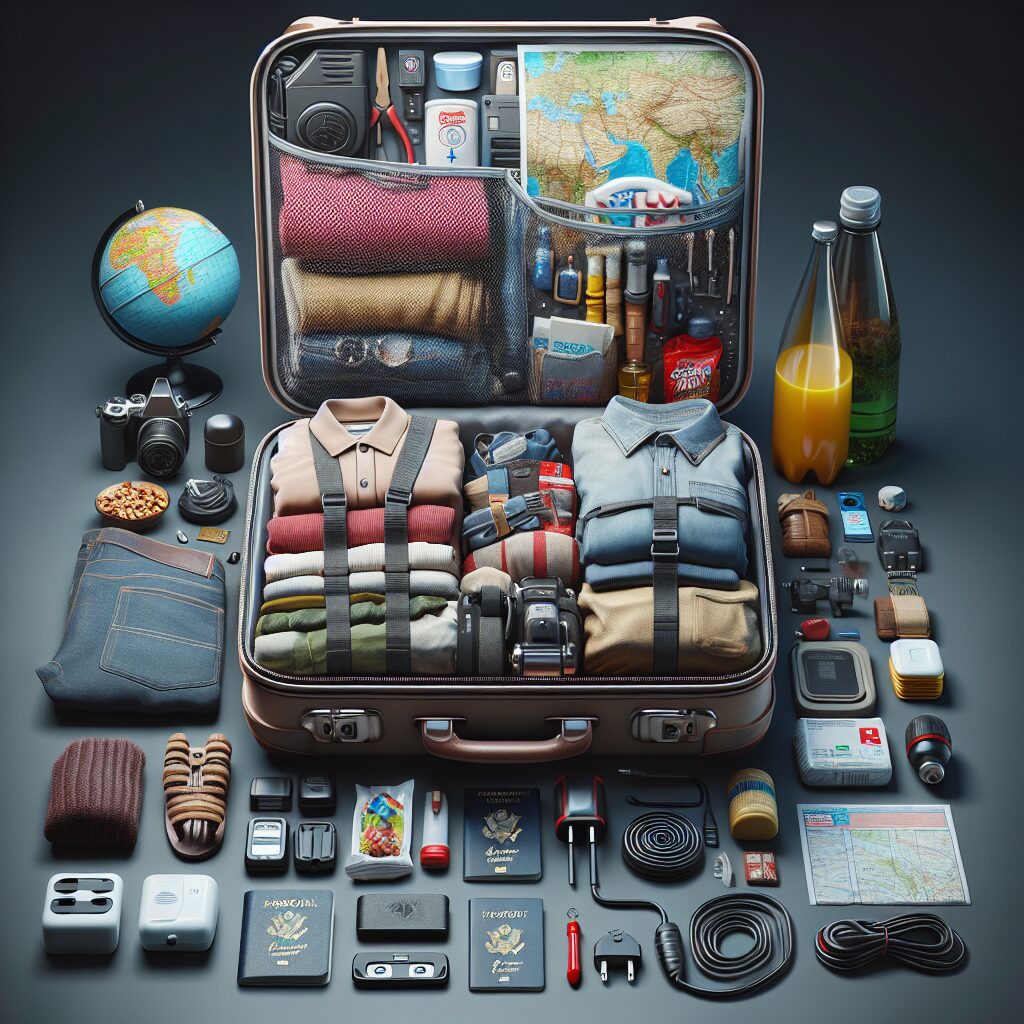Travel insurance is essential for anyone embarking on international adventures. It provides protection and peace of mind in case of unexpected events or emergencies while traveling abroad. But what exactly is travel insurance? It is a type of insurance coverage that offers financial protection against a range of risks that can occur during a trip, such as trip cancellation, medical emergencies, lost luggage, and more.
One of the unique features of travel insurance is its ability to cover medical expenses incurred during international travels. This is particularly important as medical treatment costs can be exorbitant in some countries, and travel insurance ensures that you are not burdened with unexpected medical bills. Additionally, travel insurance often includes emergency medical evacuation, which can be crucial in situations where immediate medical attention or transportation to a better-equipped hospital is needed.
Now that we understand the importance and unique features of travel insurance for international adventures, let’s delve into the key takeaways that will help you navigate the world of travel insurance. We will explore the different types of coverage available, how to choose the right policy for your needs, and important factors to consider before purchasing travel insurance. By the end of this article, you will be equipped with the knowledge and tools to make informed decisions about travel insurance for your upcoming international trips. So, let’s get started!
Key Takeaways
1. Travel insurance is essential for international adventures as it provides coverage for medical emergencies, trip cancellations, and lost/damaged belongings, offering peace of mind to travelers.
2. It is important to carefully review the coverage and policy details of travel insurance plans, including exclusions, limitations, and pre-existing conditions, to ensure it meets individual needs and preferences.
3. International adventure activities such as extreme sports or high-altitude trekking may not be covered under standard travel insurance policies, requiring additional specialized coverage.
4. Travel insurance can help in the event of trip interruptions, providing assistance with rescheduling flights, arranging accommodation, and reimbursing non-refundable expenses due to unexpected events such as natural disasters or political unrest.
5. Choosing the right travel insurance provider is crucial, considering factors like reputation, customer service, claim process efficiency, and availability of 24/7 emergency assistance, to ensure a smooth and hassle-free experience during unforeseen situations abroad.
What are the Key Benefits of Travel Insurance for International Adventures?
1. Coverage for Medical Emergencies
One of the most crucial aspects of travel insurance for international adventures is the coverage it provides for medical emergencies. When you’re exploring unfamiliar territories, you may be exposed to various health risks. Travel insurance ensures that you have access to quality healthcare and covers expenses such as hospitalization, medical treatments, and emergency medical evacuations.
2. Trip Cancellation or Interruption Protection
Imagine planning a once-in-a-lifetime adventure only to have it cancelled or interrupted due to unforeseen circumstances. Travel insurance can help protect your investment by reimbursing you for non-refundable expenses such as flights, accommodations, and tour bookings in case your trip gets cancelled or cut short.
3. Baggage and Personal Belongings Coverage
Lost or delayed baggage can put a damper on any journey. With travel insurance, you can have peace of mind knowing that you’ll be compensated for the loss or damage of your luggage and personal belongings. This coverage typically includes reimbursement for essential items you need while waiting for your baggage to be located or replaced.
4. Trip Delay and Missed Connection Reimbursement
Travel delays and missed connections can be frustrating, particularly when they disrupt your itinerary and incur additional expenses. Travel insurance offers compensation for unexpected expenses, such as meals, accommodation, or transportation, resulting from flight delays, cancellations, or missed connections.
5. Emergency Assistance and Concierge Services
When you’re in a foreign country, navigating an unfamiliar environment can be challenging. Travel insurance often includes access to emergency assistance services, such as a 24/7 helpline, which can provide guidance and support in case of emergencies, including language assistance, legal referrals, or medical referrals if needed. Additionally, some policies offer concierge services to help with travel arrangements, restaurant recommendations, and other personalized assistance.
6. Adventure Activities and Sports Coverage
If you plan on engaging in thrilling activities during your international adventures, it’s essential to ensure you have coverage in case of accidents or injuries. Many travel insurance policies offer optional add-ons or specialized plans that provide coverage for adventure activities, such as bungee jumping, skiing, scuba diving, or hiking in remote areas.
7. Emergency Evacuation and Repatriation
In case of severe emergencies or natural disasters, travel insurance can cover the expenses of emergency evacuation from a hazardous location to the nearest medical facility or even repatriation back to your home country if required. These costs can be exorbitant, and having travel insurance ensures that you won’t have to bear the financial burden in times of crisis.
8. Financial Protection against Trip Interruption and Cancellation by Travel Suppliers
Sometimes, travel suppliers such as airlines or tour operators may unexpectedly go out of business, leaving travelers stranded or causing trip cancellations. Travel insurance can offer financial protection by reimbursing you for pre-paid expenses in such situations, allowing you to make alternative arrangements without facing substantial financial losses.
9. Pre-Existing Medical Conditions Coverage
If you have pre-existing medical conditions, it’s crucial to check whether your travel insurance covers them. Some policies offer coverage for pre-existing conditions, while others may exclude them or require additional premiums. Ensure that you understand the terms and conditions to avoid any surprises during your trip.
10. Worldwide Travel Assistance and Support
When you’re far from home, having access to global travel assistance and support can be invaluable. Travel insurance often provides services such as emergency cash advances, embassy and consulate referrals, travel document replacement assistance, or emergency message relay, making it easier to navigate unexpected situations while abroad.
11. What to Look for in a Travel Insurance Policy
- Check the coverage limits for medical expenses, trip cancellation, baggage, and personal belongings.
- Review the policy’s exclusions and restrictions, especially related to adventure activities and pre-existing conditions.
- Consider the deductible amount to assess your out-of-pocket expenses in case of a claim.
- Verify if the policy offers 24/7 emergency assistance services and the effectiveness of their helpline.
- Compare prices and benefits across different insurance providers to find the most suitable policy for your needs.
Frequently Asked Questions
1. What is travel insurance for international adventures?
Travel insurance for international adventures is a type of insurance coverage that provides financial protection and support to travelers who embark on international trips for various purposes, such as leisure, work, or study.
2. Why should I consider travel insurance for international adventures?
Travel insurance for international adventures offers a range of benefits, including trip cancellation or interruption coverage, emergency medical expenses coverage, lost or delayed baggage coverage, and emergency evacuation coverage. It provides peace of mind knowing that you are financially protected against unexpected events that may arise during your international trip.
3. What does travel insurance typically cover?
Travel insurance can cover a wide range of situations, including trip cancellations or interruptions due to unforeseen events like illness, natural disasters, or accidents. It may also cover emergency medical expenses, emergency transportation, lost or delayed baggage, and personal liability. Coverage varies depending on the policy, so it’s important to carefully review the terms and conditions.
4. Are pre-existing medical conditions covered by travel insurance?
Pre-existing medical conditions may or may not be covered by travel insurance, depending on the insurance provider and policy. Some insurers offer coverage for pre-existing conditions with additional premium or medical screening, while others may have exclusions for pre-existing conditions. It’s crucial to disclose any existing medical conditions and review the policy details to understand the coverage.
5. How much does travel insurance for international adventures cost?
The cost of travel insurance for international adventures varies depending on various factors such as the duration of the trip, the traveler’s age, the coverage limits, and the destination. Typically, it can range from a few dollars per day to a significant percentage of the trip cost. It’s recommended to obtain quotes from multiple insurance providers and compare the coverage and prices to get the most suitable option for your needs and budget.
6. Can I purchase travel insurance after I’ve started my trip?
Most travel insurance policies require purchasing coverage before your trip begins. Once you have embarked on your international adventure, it’s usually not possible to obtain new coverage. Some insurance providers may offer limited coverage or trip interruption coverage if you need to extend your trip unexpectedly, but it’s always best to purchase travel insurance in advance.
7. Does travel insurance cover adventure activities or extreme sports?
Some travel insurance policies offer coverage for adventure activities or extreme sports, while others may exclude or have limits on such activities. It’s essential to carefully review the policy’s terms and conditions to ensure that your desired activities are covered. If you plan to participate in high-risk activities, it may be necessary to purchase additional coverage or seek specialized insurance.
8. Am I eligible for travel insurance if I have a one-way ticket?
Most travel insurance policies require you to have a round-trip ticket or a return ticket to be eligible for coverage. If you have a one-way ticket for your international adventure, it’s important to check with the insurance provider to see if they offer any specific policies or options for your situation.
9. Can I make changes or cancel my travel insurance policy?
Whether you can make changes or cancel your travel insurance policy depends on the insurance provider and the terms of the policy. Some providers may allow modifications or cancellations within a certain timeframe before the trip starts, while others may have strict policies. Read the policy details and contact the insurance provider directly for clarification on their specific rules and procedures.
10. How do I make a claim with my travel insurance provider?
If you need to make a claim with your travel insurance provider, it’s important to follow the instructions outlined in your policy. Typically, you would need to contact the insurance company’s claims department and provide the necessary documentation, such as medical reports or receipts. They will guide you through the claim process and assist you in obtaining the reimbursement or assistance you are entitled to.
Final Thoughts
Travel insurance for international adventures is a crucial consideration for any traveler heading abroad. It offers financial protection and peace of mind, ensuring that unexpected events won’t ruin your trip or leave you with substantial financial burdens. By carefully selecting the right policy and understanding its coverage, you can embark on your international adventure knowing that you have a safety net in place.
Remember, before purchasing travel insurance, thoroughly assess your needs, compare different policies, and read the fine print. Each international adventure is unique, and finding the right travel insurance will provide you with the security you need throughout your journey. So, prioritize your safety and enjoyment by making travel insurance an essential part of your international travel plans.


